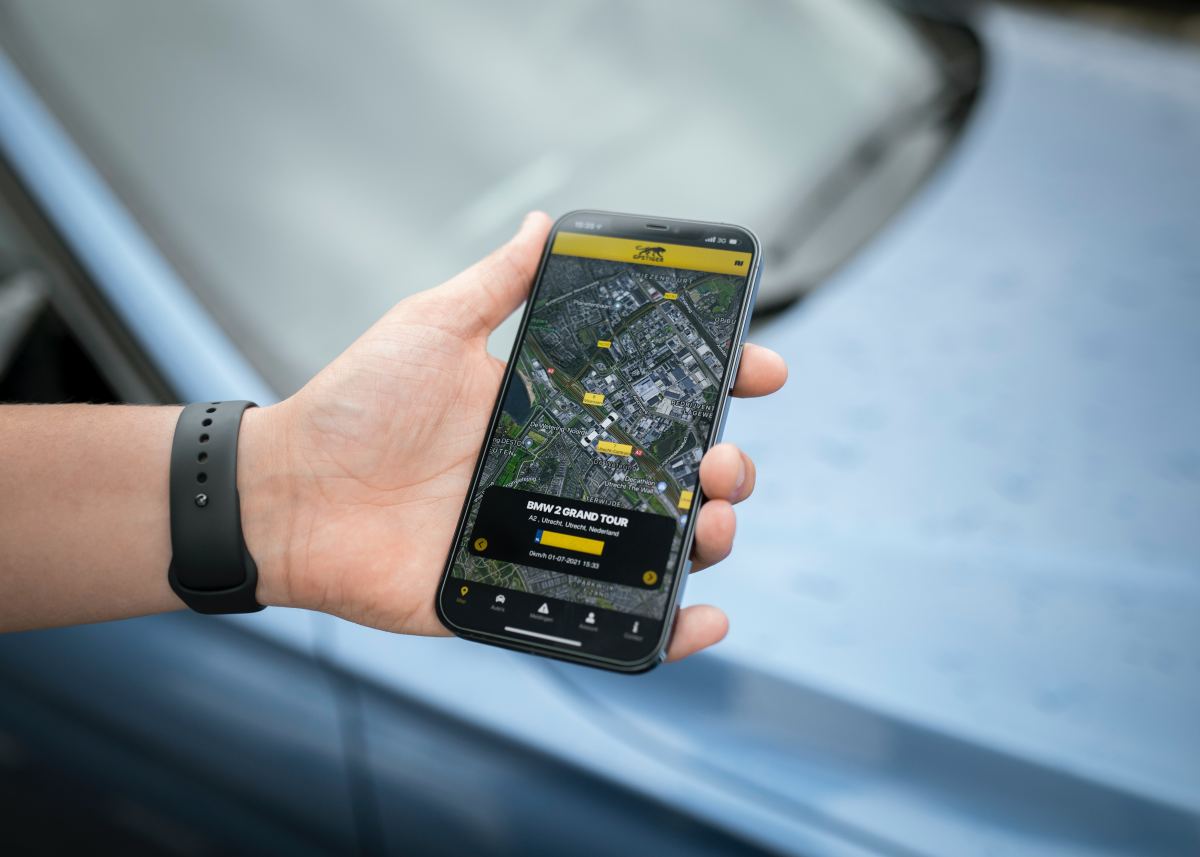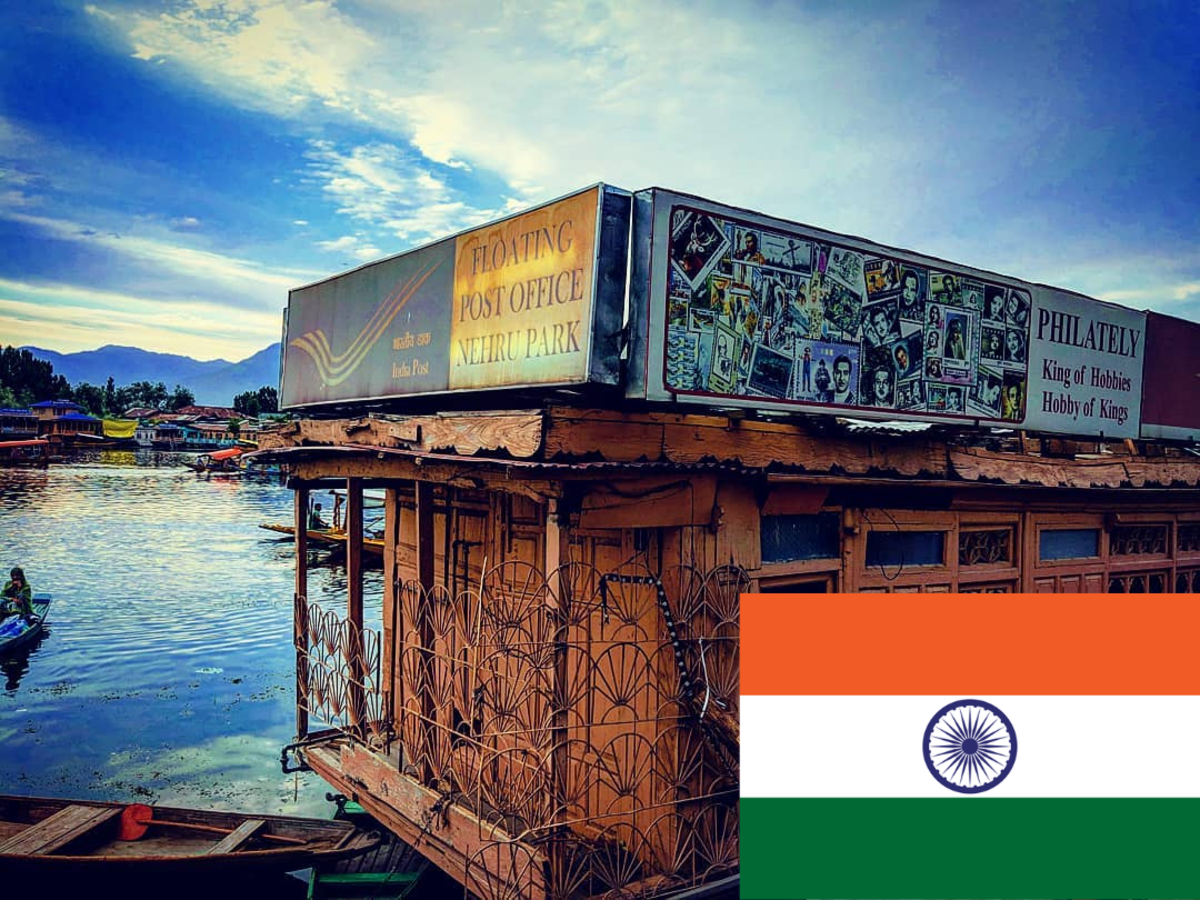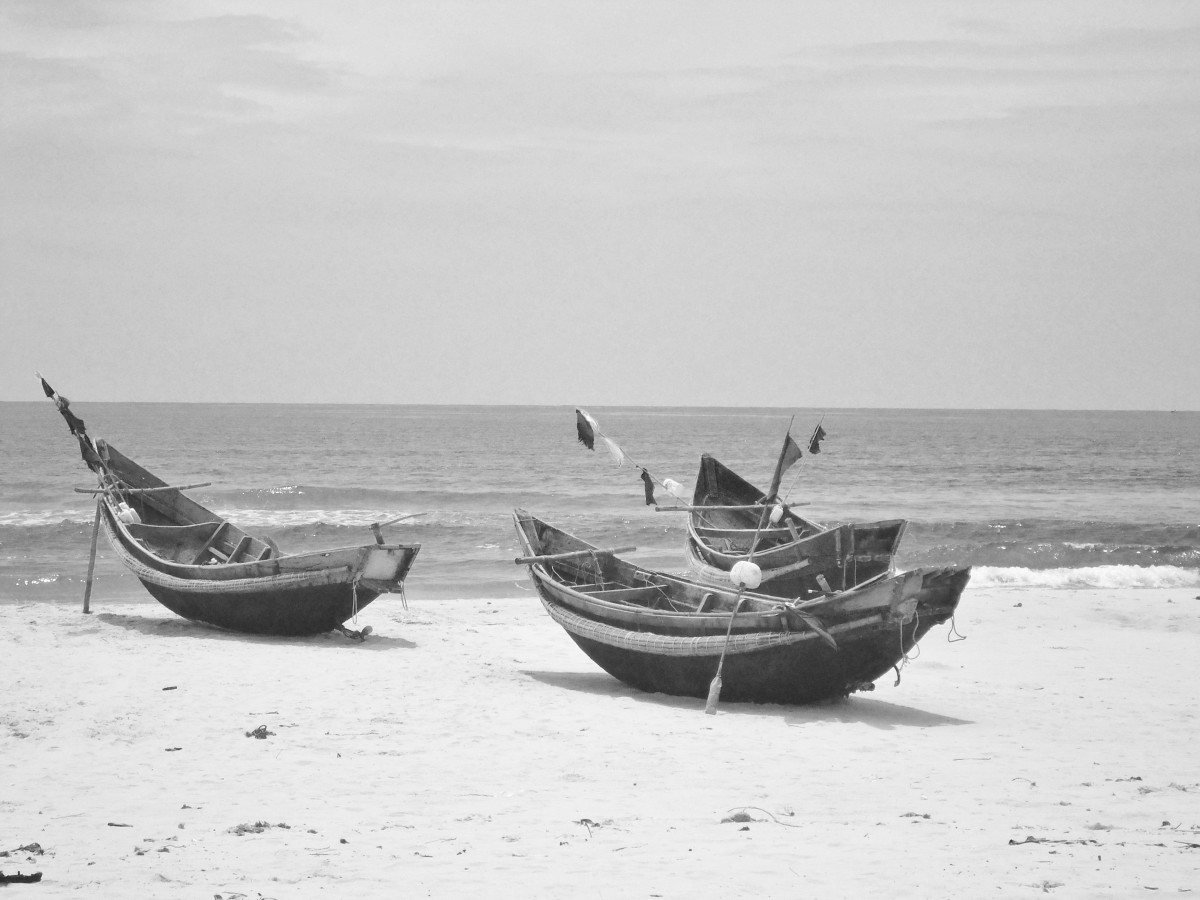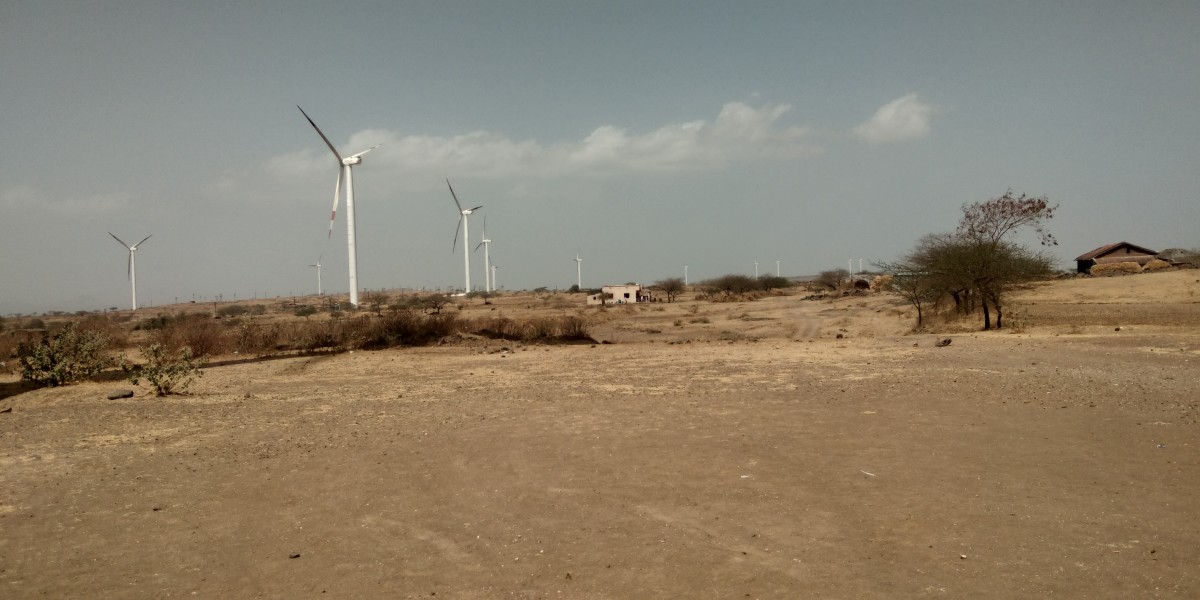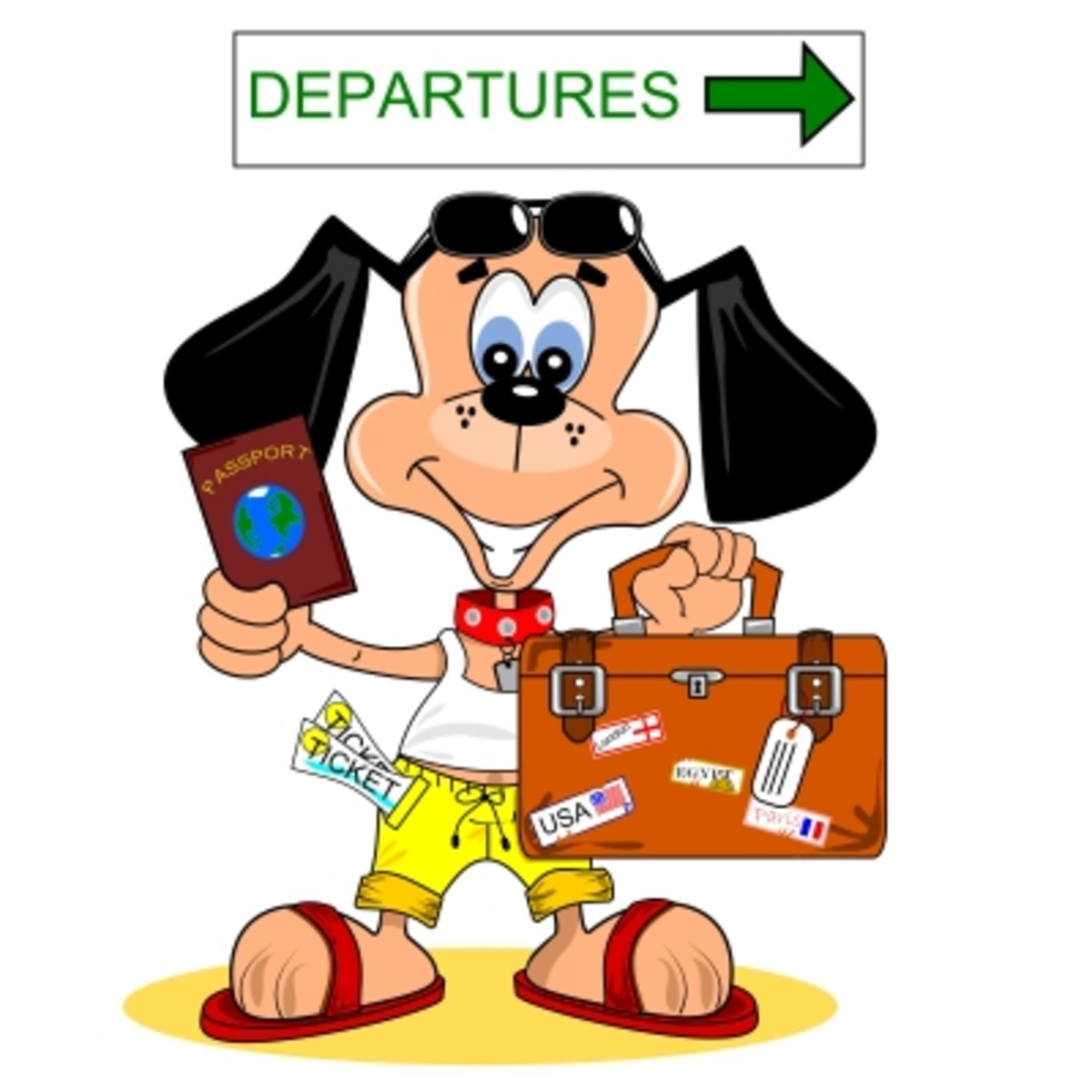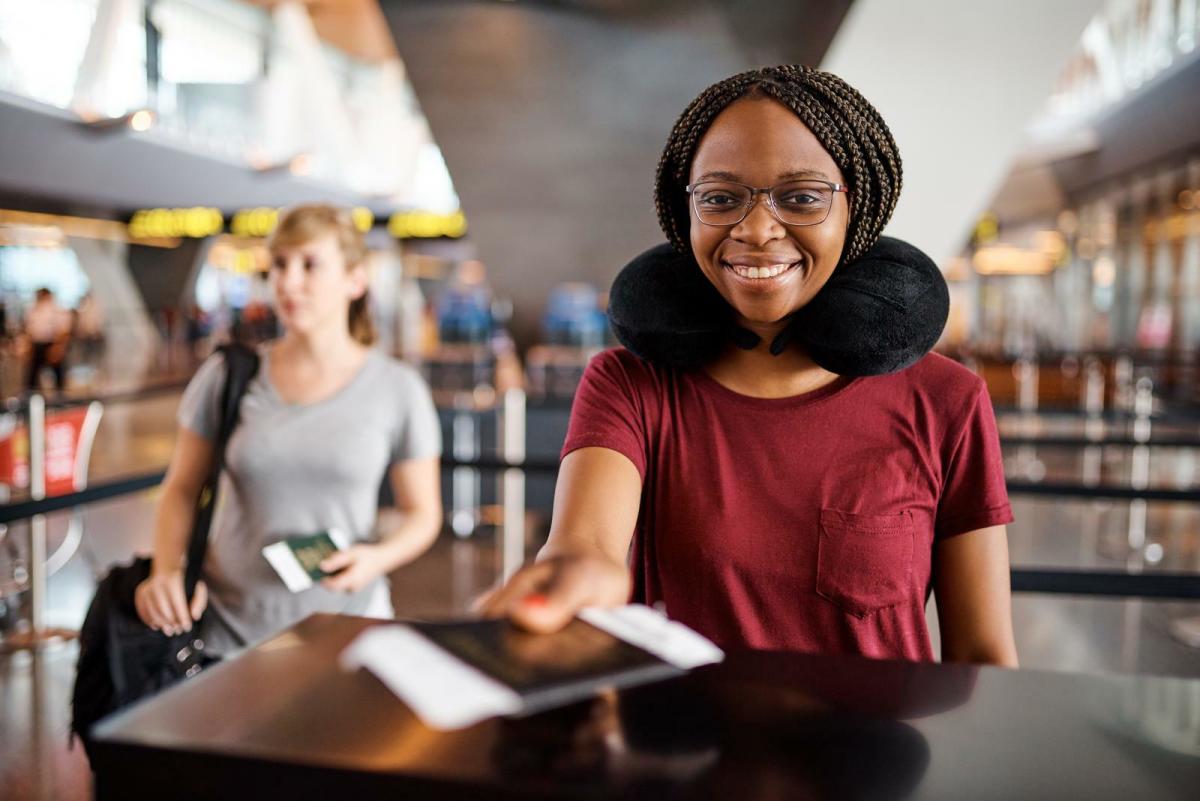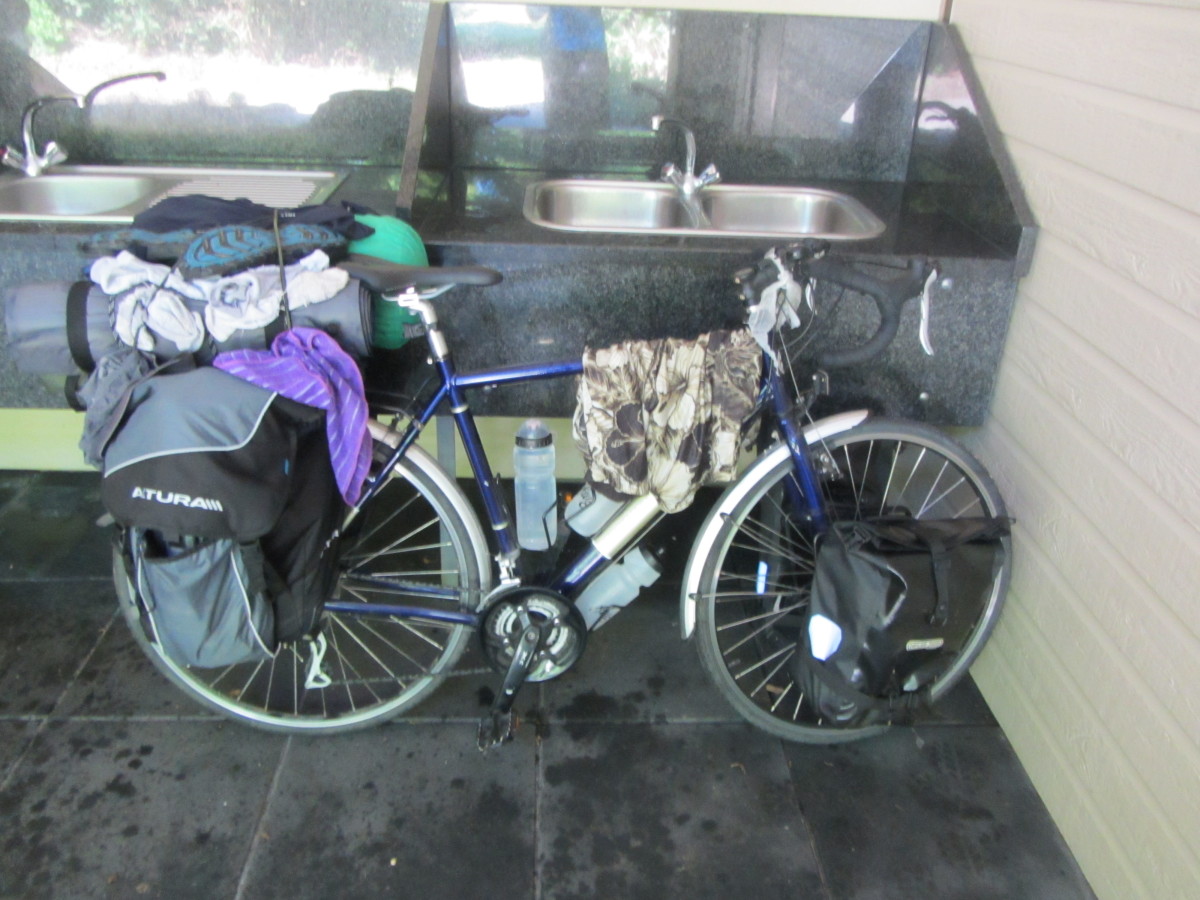How to stay safe whilst travelling to foreign country or city
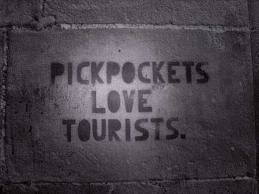
Travelling is one of life’s greatest adventures, there’s nothing more exciting than arriving to a new country, city or destination you’ve never seen and only heard about. The greetings you get when you get off the plane, immigration, people, language, smells and the atmosphere of this new place come to mind when arriving at a new place.
So far everything feels normal and safe but wait until you exit the baggage hall the games begin, the crowds, the harassing taxi touts that promise you this and that and that they will take you to your hotel or they know a hotel which is cheap.
You finally barter with one of the taxi touts realising you probably paid too much and who drives like a crazy man gets lost having to ask for directions and because he gets lost expects you to pay for the extra fuel and time you have caused him. You finally arrive at your hotel and take a shower and you are eager to get out and explore this new city.
You decide to leave the hotel, you walk out the front door and look at the sign 'Hotel Majestic' you walk down the street past endless hotels and shops Hotel Dynasty, Hotel Sypan and you realise they all look and sound the same to your hotel. You walk down various streets whilst getting a few stares from the locals you continue to walk into the central part of the town where there’re plazas, museums and markets bustling with activity. People call out and shout ‘Hey where are you from’? ‘Cambio, cambio’? ‘Girls, girls you want girls, beautiful girls’? ‘Weed, I have weed’ by now you’ve hit the main market, people are everywhere, it’s crowded and people are bumping into you as they pass you on the narrow footpath. You're amazed with the excitement and buzz of the place. The place is teeming with adventure, people yelling car horns honking and traffic is moving in all directions. You see an old man selling drinks, you put your hand in your pocket and pull out your wallet and realise that you only have your countries currency.... dammm it’s in your money belt. You look around hopping no one is watching and then you lift up your shirt and your concentration is drawn to the money belt, you zipper it open carefully hopping that nothing falls out onto the crowded street. All you have is bills, big bills 100’s, 50’s 20’s as you scour the belt to find the smallest bill to give him, your totally oblivious as to the 10 onlookers who are watching the gringo try to be secretive about taking his money from the belt. You take your bottle of water and decide to head back to your hotel getting lost at one point having to pull your map out on the street corner and look at the street name however you return to your hotel hot and bothered but unscathed.
A number of tips to assist when travelling abroad to a foreign city or country
1. Prior Planning
Research the destination you are travelling too. How to get to and from the airport, bus or train station, local customs, language used, main streets, research the internet, youtube, wikipedia, and guide books on the location you are visiting, currency used, how much things cost, mode of transport used, hot spots for crime, hotel feedback sites and continue to gather information from the above sources and reliable people at your destination.
2. Preparation
With the information you have researched from your prior planning, create a detailed itinerary and leave it with a friend or family member to inform them of your whereabouts on a given day or month. Photocopy everything including passport, bank cards, driver’s licence, flight and hotel bookings and leave a copy with your friend or family member or scan to your computer including emergency contacts numbers to cancel cards in the event they are stolen. Inform your bank that you are travelling and where you plan to go overseas. Include if you intend making purchases with your cards and organise travel insurance also. Most governments now have traveller web pages where you can register your travel movements online as a precautionary measure and receive updates for you location. Check with your Government or utilise the links below.
Have a devoted passport and document holder to protect your passport and travel documents. These can easily be purchased from travel shops and various internet sites. Find one that is compact and will carry your passports, itineraries, pens and your money.
Learn a little language for the country you are visiting it helps and goes along way.
Smart phones are an invaluable asset to any traveller as they are useful for maps and the internet. If you need to utilise the map do so in a shop or a space away from the hustle and bustle. Before leaving your hotel and if they have wifi load your map on your phone or utilise a coffee shop’s wifi. Take photos with your phone of pages from your guide book or screen shots of maps and information from the internet.
Prepare cards similar to palm cards and take blanks. They’re very useful for recording information such as streets and points of interest you wish to visit if you can’t speak the native language. Just copy the address or point of interest down onto the card and it easy to show a taxi driver or ask a person in a shop for directions instead of pulling out your expensive phone or guide book.
Try to buy currency before you arrive at your destination and request small denominations if possible. Get to know the currency before you arrive, how much will buy what. Try and travel with some US dollars as well as they are widely accepted.
Clean your wallet of things you don’t need for the country you’re visiting. If you have bank cards and credit cards split them between your wallet and document holder. Carry 1 credit card, 1 debit card and identification in your wallet and the other cards can stay with your passport and document holder.
Prior to leaving your country you should have the desired currency and cards ready to go upon arrival. There’s nothing worse than seeing someone pretending to sought through their document holder trying to locate cards, money and itineraries whilst trying to be secretive about it. This looks sloppy and makes you an easy target.
If you have never been to the country you are visiting before it’s best to book at least your first nights’ accommodation and maybe even a pickup service to take you to the hotel.
3. Prevention
From the airport: Organise a shuttle or reputable taxi to take you to your hotel. It may cost a little more but whilst you have luggage and your hands full you’re an easy target, its better off to pay the money. Be confident and firm and agree on the price and destination before you take the taxi.
Hotel: Upon check in obtain a business card with their address on it and contact number. Enquire about the surrounding area, is it safe and where and how do you get to places. Let them tell you about their city.
Enquire whether the hotel has a safe box where you can store your valuables such as passport and currency, normally these are located in your room but others are often held in the reception area of your hotel. Take preference to the one held in the reception area as the safest. Avoid leaving valuables on display in your room; housekeeping has been known to take things from time to time along with other travellers.
Lock bags, back packs with locks however even with locks there is ways the opportunist or cunning can open your bag in seconds without you even knowing it. Use wire mesh to cover you backpack, available from camping stores and online sites or place in lockers if staying in a hostel.
Close windows and curtains when you leave your room especially if you have a balcony or there is easy access from the street or other parts of the building.
Don’t have your bed made every day or fresh towels delivered, place the sign (Don’t make my room up today) or (Do not disturb) on the doorknob to keep housekeeping and other travellers out of your room.
Check for the nearest fire exit to your room, this could save your life in the event of a fire or an emergency, trust me!
Money: Attempt to drawer money from cash machines where possible or reputable currency exchanges. Street money changes and currency exchanges have been known to deal false bills to travellers along with shops and taxi drivers to the ill prepared traveller. It’s sometimes hard to spot a fake bill but there is plenty out there. Through your planning stage identify whether the country you are visiting is known for counterfeit money. Ask a reliable source about counterfeit money at your location and what the signs are to look out for. Work out how much you anticipate spending per day and only carry that leaving the rest with your document holder at the hotel.
Exploring the City:
So you’re ready to leave the hotel and go and explore
As we explore a new City we tend to pack so much into the day by going to Museums, plazas and other places of interest. This entails a lot of walking therefore is essential to take breaks and consume adequate amounts of food and water to avoid fatigue. As we know when we get tiered we tend to make mistakes and drop our guard therefore is recommended to take breaks often and this also allows us to assess and reassess our surroundings.
Stand tall and be confident, direct and switched on with your surroundings. If you can show your confident most hustlers and thieves will leave you alone. Act like you know where you’re going even when you don’t know where you are going. If you feel you are lost or being followed walk to a café or a shop or a place you deem safe and use your map or even sit down and have a coffee, relax and get your bearings again.
Don’t advertise your belongings or give potential thieves opportunities to steal from you, keep your camera, wallet, necklaces, sunglasses close by…. These can disappear without you even realising until it’s too late. Often you may be approached by hustlers who want to get your attention especially in crowded streets or malls offering you something for free, best to politely decline the offer and keep walking. Try and move as quick as you can through heavily crowded areas which will give the appearance to potential hustlers you know where you are going and its likely they have little chance to stop you.
Point to remember is that hustlers normally work in small groups, one to get your attention, one to take your belongings and another to pass it onto.
Be careful of street parades and acts like, people statues, tricks, clowns where they often get the audience so amused by their acts allowing thieves to move in from behind and without you even knowing removing items of property from your person.
Be aware of street kids that come and gather around you and ask for money or try to sell you sweets, they have quick little well trained hands.
By becoming aware of some of the dangers of visiting a foreign country or city through planning, preparation and utilising preventive measures will ensure you are likely to have less hassles whilst travelling abroad. Continually gather new information and keep assessing the risks and identify action plans that you can put into place when and if the need arises.
Key points to remember
Planning – Gather information
Preparation – Prepare action plans
Prevention – Remove the opportunity therefore reducing the risk
Enjoy your travels
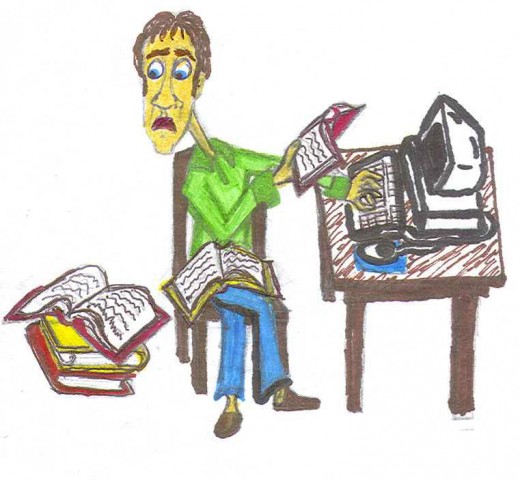
Australian Goverment Website
- Smartraveller: The Australian Government\'s travel advisory and consular assistance service | Austra
The Australian Government's travel advisory and consular assistance service
US Smart Traveller Enrollment
- Smart Traveler Enrollment Program (STEP)
Receive regular updates on countries you are visiting.
How to earn air miles fast
- How to earn flight miles fast
How to set up a frequent flyer reward account and earn flight miles quickly. Tips on how to get started and make the most of your account to earn miles fast.

